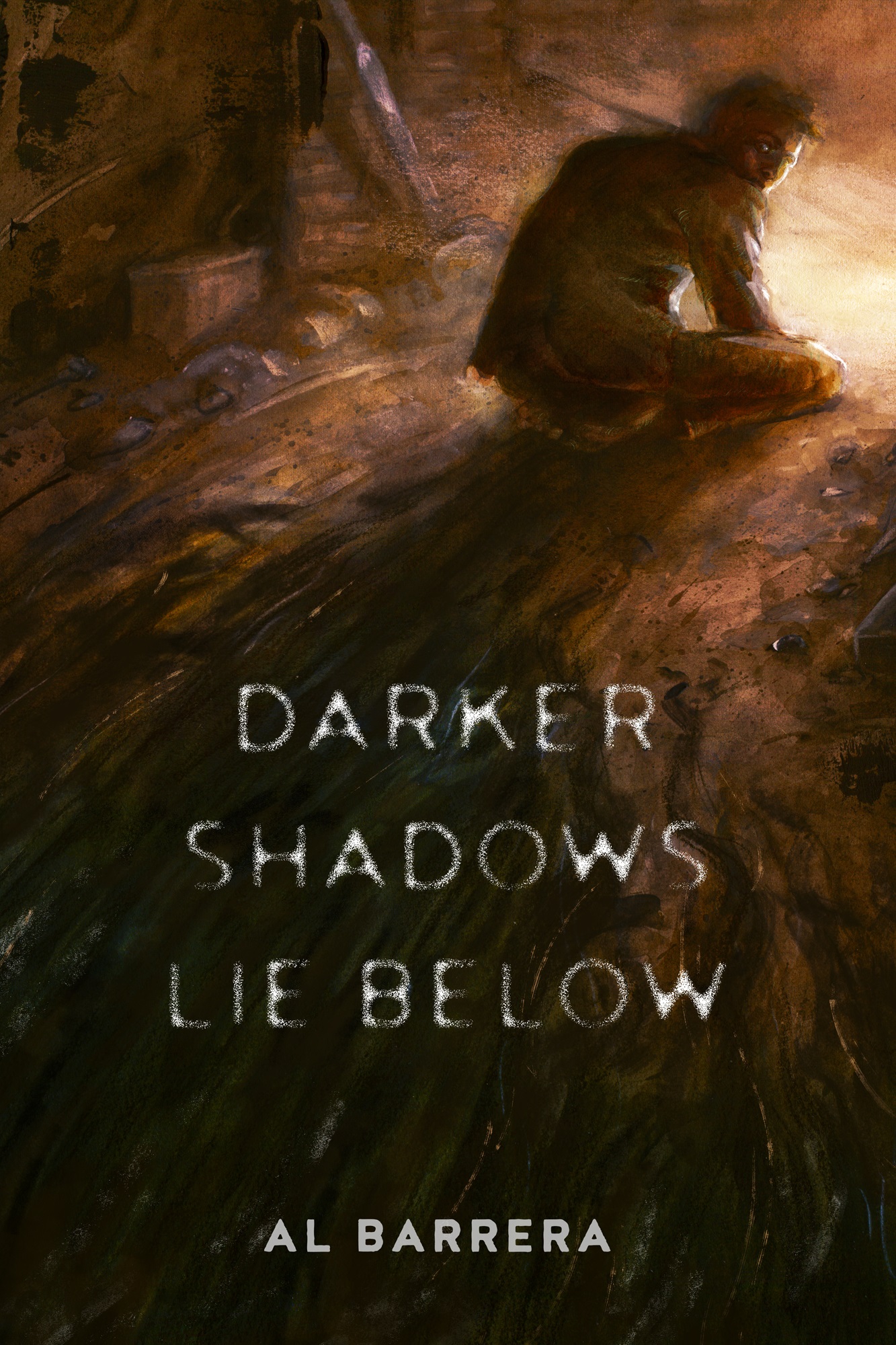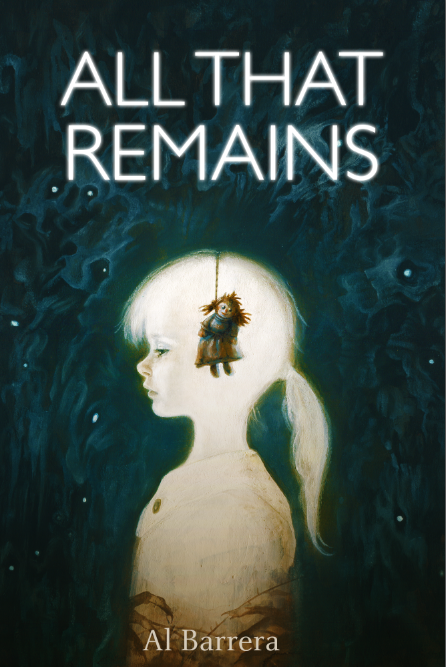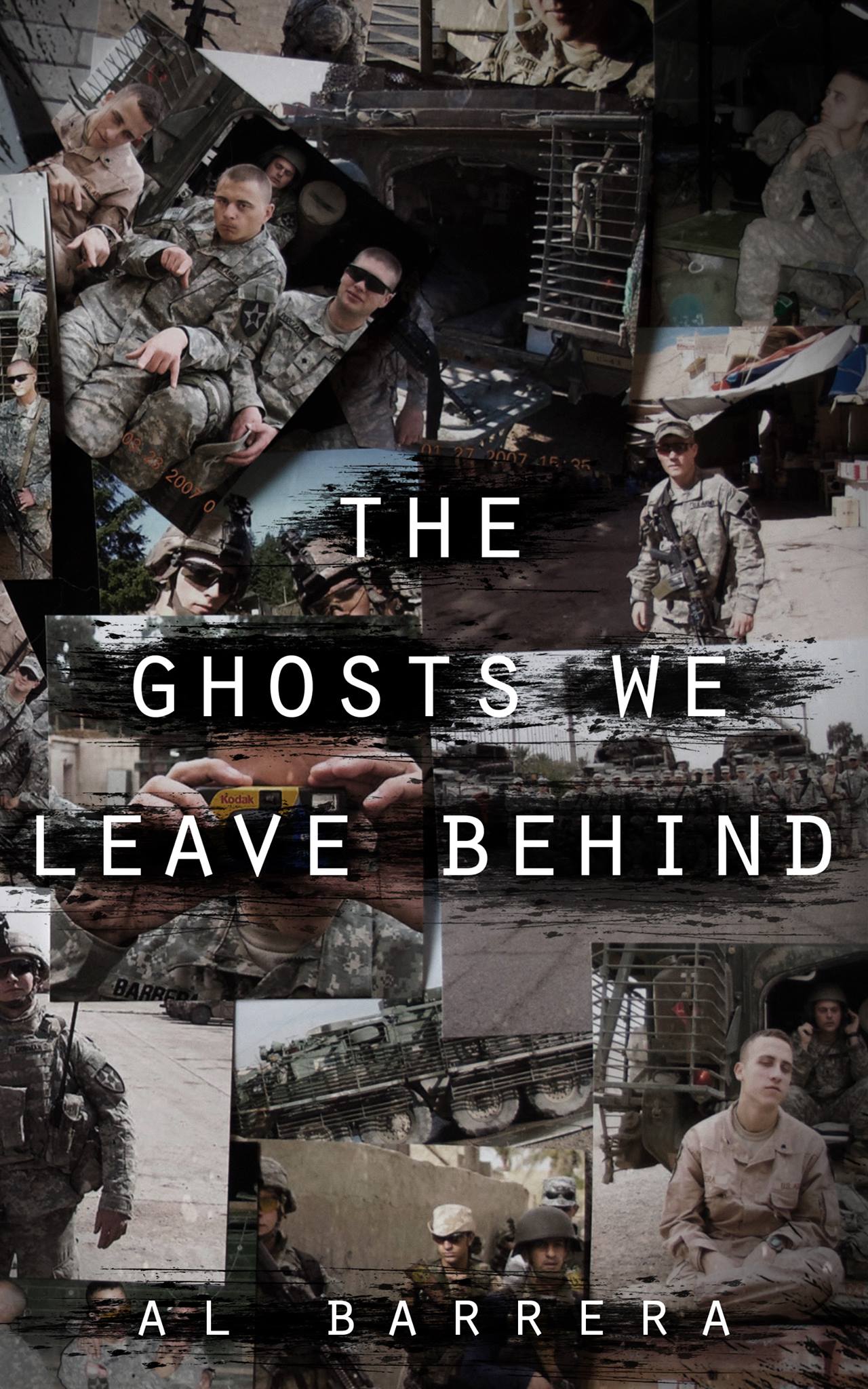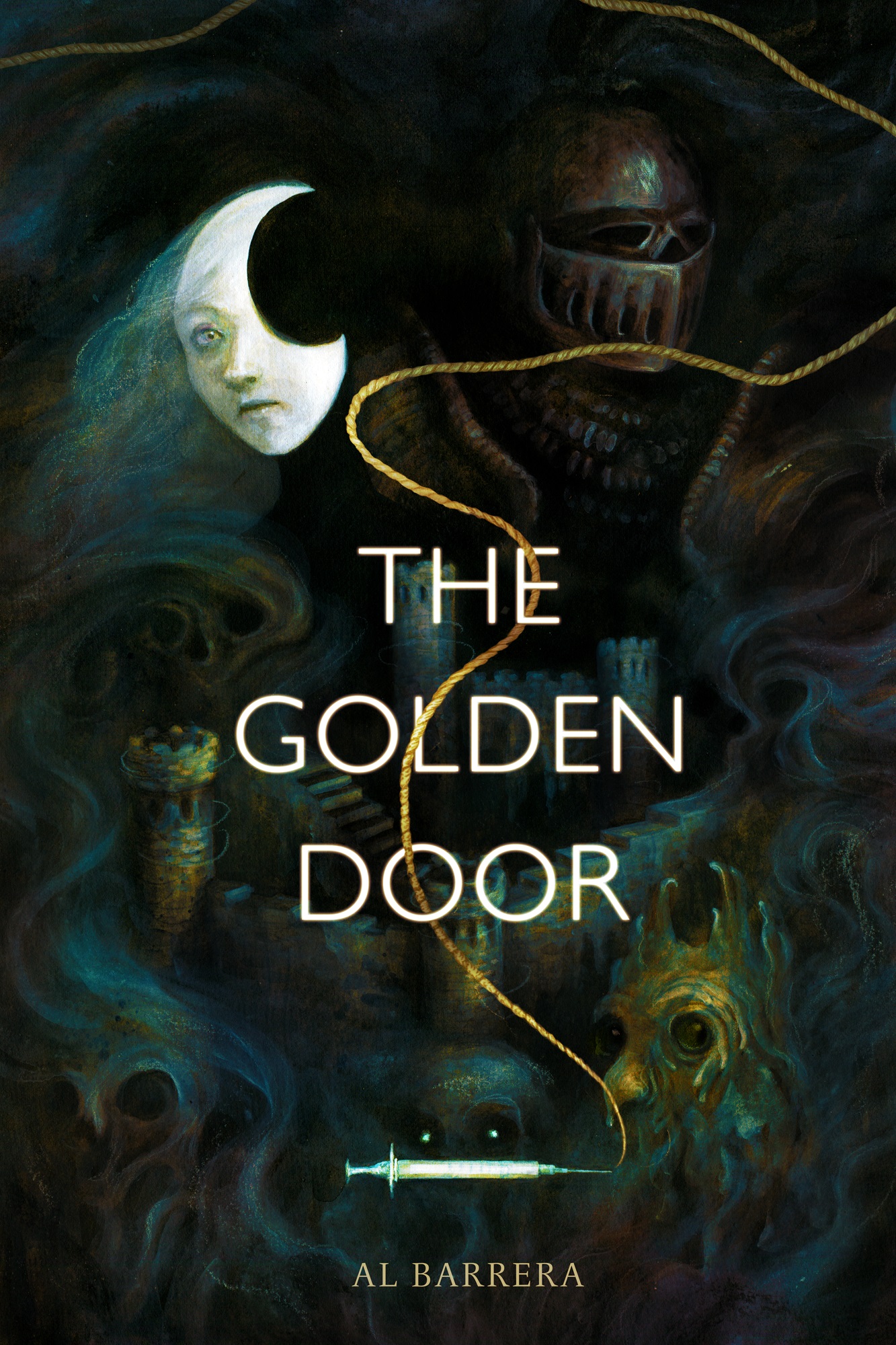Self-Doubt, every artists worst enemy. I have a friend who paints as a hobby, and she is fantastic at it. This isn’t just notebook doodles either, the woman has some serious talent. At the mere suggestion of selling her work however, she goes into full fledged panic mode. The thought of showing her work to someone besides close friends and family upsets her. A lot of writers I know feel the same way. I have a friend who won’t read his own work after he hands it off to the editor for a final look. This is a guy who sells a thousand books a month; a full fledged indie success story.
What I’m getting at is you’re not alone. Every writer goes through this at some point. You look back at what you’ve put on paper and tear it apart. You hover over the keyboard waiting to type, certain beyond a doubt that whatever you’re about to say is garbage.
I went through a particularly bad case of the doubts after I finished the third draft of Darker Shadows. I read over it again, stared at the last page for twenty minutes, and seriously considering not publishing it. (Keep in mind this is before anybody has seen it, including my editor.) “Nobody is going to care what I have to say in this story, ” I said. “I should just start over and try again. I can do better.” I pushed past it and handed it out to my beta readers. An English professor, a writer, and an avid horror reader- a daunting crew of literary hitmen/hitwomen if there ever were one. The feedback has been overwhelmingly positive. Two of them have said it’s the scariest thing they’ve ever read. My professor friend told me it’s the first time she’s handed back a novel and had good things to say. Every one of them would recommend it to their friends.
But that’s not really the issues with self-doubt is it? It’s not about how others see our work, it’s about how we see it. I’m a firm believer that all artists leave a piece of themselves in their work. You’re going to look at what you made and ask yourself a lot of hard questions. Why does this matter? What does this mean? Will anybody else see the subtext? Will they care?
You have to remember that you’re inside the bubble. You’ve seen the story and how it works. You’ll remember every bad scene in a book even when you’ve removed them. You’ll ask yourself if your characters are realistic, and you’ll torture yourself with the minutia while you’re writing them. In a first draft it might slow you down- in editing it will nag you constantly- but it isn’t terrible as long as you don’t let it stop you from writing. You’ve got to push past it. Trite advice, I know, but it is what it is. I think you’d be hard pressed to find a writer that doesn’t suffer from the doubts, and if you do I’ll bet they’re terrible. No writer has ever finished a book without overcoming this at some point in the process, you can too.
If you think you’re writing is terrible it’s also entirely possible that it is. That’s when that nagging voice really matters. If you have self-doubt screaming in your ear I recommend you use it. Go back over the story. Suffer the small stuff and fix it. Let that voice tell you when a sentence is junk. Let the doubt convince you that one section doesn’t fit. (Just cut and put it elsewhere, don’t erase it.) Google things like, “shine versus shone,” and really dig into the language. Don’t be the guy/gal who just says, “Good enough,” and hit the publish button on KDP- there’s enough terrible fiction out there already. When it gets to the point where you just can’t figure out what to do next, it’s time to send it to the great and powerful editor. They might ask you to re-write parts, or maybe the whole damn thing. It might take you a long time to figure out how to massage the language into a good story. Nobody ever said it would be easy, but nothing can’t be overcome with perseverance.
Remember, that voice is going to yell at you regardless. Don’t let it stop you from finishing the story. Don’t let it stop you from being a writer.




